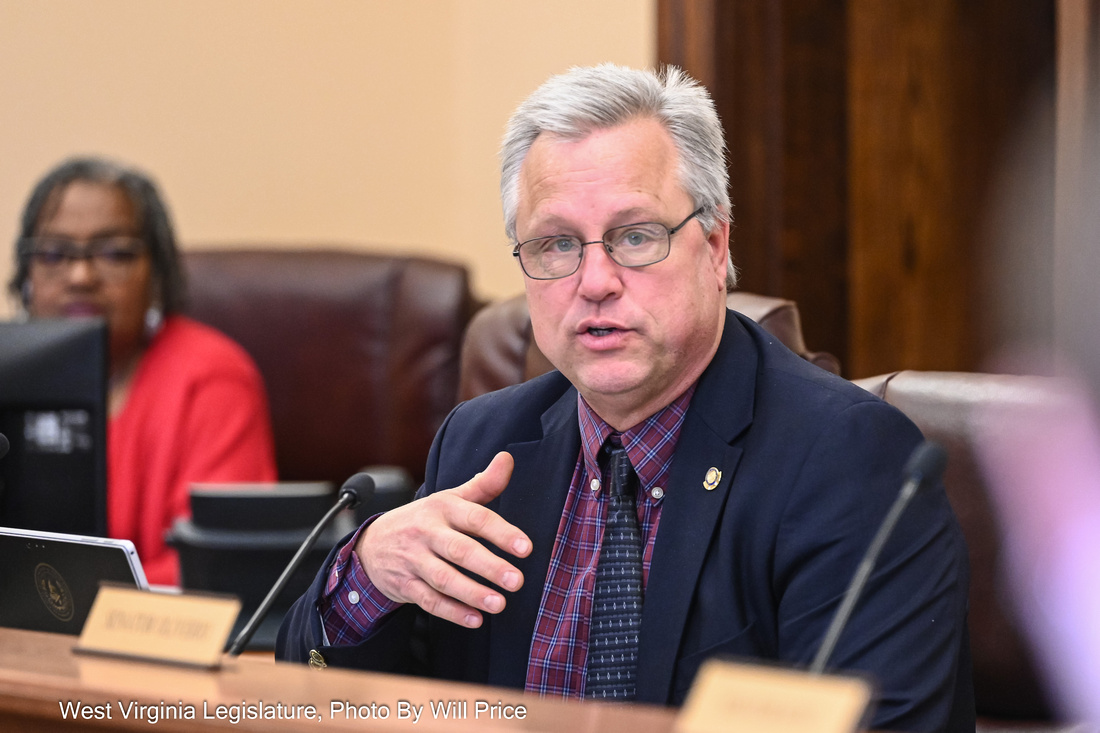A controversial bill that would prohibit “rolling coal” on roadways advanced in the West Virginia Senate Transportation and Infrastructure Committee on Monday — but not without pushback from some lawmakers.
Rolling coal refers to modifying diesel fuel in a motor vehicle in order to pollute the air with thick, dark smog. For years, rolling coal on highways has served as a display of allegiance to the coal industry in spite of mounting environmentalist pushback.
Elsewhere in the United States, lawmakers have restricted the form of protest in light of environmental, health and safety concerns associated with emitting a pollutant into the air.
Now, West Virginia legislators are considering their own restrictions on the practice. The West Virginia Senate is actively reviewing Senate Bill 436, which would render the contentious form of protest a misdemeanor.
The bill reached the Senate Transportation and Infrastructure Committee on Monday, where discussions focused on the safety risk associated with reduced visibility on West Virginia roads.
Sponsored by Sen. Jack Woodrum, R-Summers, the bill penalizes deliberately selling, making or using diesel additives to produce “visible smoke emissions.” It would apply to all motorized vehicles on public roadways, but not on private land.
The bill passed through the committee Monday but drew pushback from senators who described it as a crackdown on pro-coal West Virginians, or an unnecessary piece of legislation to focus on.
Credit: toa555/Adobe Stock
Sen. Robert Karnes, R-Randolph, was an outspoken critic of the bill during Monday’s meeting. Karnes alleged the pending law would suppress some West Virginians’ right to protest.
“People who are doing this rolling coal are simply expressing their support for West Virginia’s coal industry,” Karnes said. “This is an attack on people who support our coal industry.”
“We may not like that particular statement,” he continued. “But they have a right to express their political views.”
Others who voted to advance the bill said that, regardless of their own perceptions of the protests, the law would not mark a clear enough suppression of coal supporters’ rights to preclude it from further consideration.
“I don’t see this as an anti-coal bill,” said Sen. Glen Jeffries, R-Putnam.
Regardless, members of the committee agreed to scale back penalties for those who violate the law.
Under an earlier draft of the bill, repeat rolling coal offenders could face up to six months imprisonment. The committee deemed this excessive, and amended the bill so that violators would only incur fines up to $500.
With the committee’s approval, the amended bill will now return to the Senate where lawmakers will determine whether to send it to the House of Delegates.
